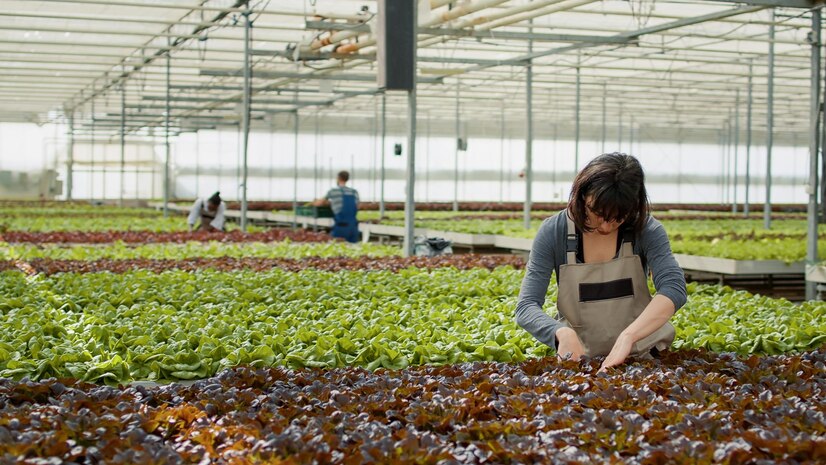Lotus365 Book, Lotus365, Lotus365: Biodynamic farming offers a myriad of benefits to both the environment and the consumers. By using natural fertilizers and composts, this method helps to improve soil health and fertility, leading to more nutritious and flavorful produce. Additionally, biodynamic farming promotes biodiversity and the preservation of natural habitats, contributing to the overall health of the ecosystem.
Furthermore, biodynamic farming practices emphasize self-sufficiency by producing their compost, fertilizers, and pest control measures. This self-reliant approach not only reduces the dependency on synthetic inputs but also fosters a more sustainable and resilient farming system. Ultimately, the holistic principles of biodynamic farming aim to create a harmonious balance between nature, agriculture, and consumers.
Understanding the Principles of Biodynamic Agriculture
Biodynamic agriculture, a holistic approach to farming, is based on the philosophy that farms should be seen as self-sustaining ecosystems. Developed in the early 20th century by Rudolf Steiner, this method of farming views the farm as a complete unit, with plants, animals, and soil all interconnected and supporting each other in a harmonious balance. By treating the farm as a whole organism, biodynamic farmers aim to create a closed-loop system that reduces the reliance on external inputs.
Central to the principles of biodynamic agriculture is the idea of using natural preparations to enhance the health and fertility of the soil. These preparations, made from composted manure, minerals, and herbs, are believed to stimulate the life forces in the soil and promote healthy plant growth. By focusing on building soil health and biodiversity, biodynamic farmers strive to create a resilient and sustainable farming system that is in tune with the rhythms of nature.
� Biodynamic agriculture is a holistic approach to farming
� Farms are seen as self-sustaining ecosystems
� Developed by Rudolf Steiner in the early 20th century
� Views farm as a complete unit with interconnected plants, animals, and soil
� Aims to create a closed-loop system reducing reliance on external inputs
Central to the principles of biodynamic agriculture is the use of natural preparations to enhance soil health and fertility. These preparations, made from composted manure, minerals, and herbs, stimulate life forces in the soil and promote healthy plant growth. By focusing on building soil health and biodiversity, biodynamic farmers strive to create a resilient and sustainable farming system that aligns with nature’s rhythms.
What are the main principles of biodynamic agriculture?
The main principles of biodynamic agriculture include working with the rhythms of nature, using organic and holistic farming methods, and considering the farm as a self-sustaining ecosystem.
How does biodynamic farming benefit the environment?
Lotus365 Id, 99exch, 99exch.com Login: Biodynamic farming promotes biodiversity, enhances soil fertility, and reduces the use of synthetic chemicals, ultimately improving the overall health of the environment.
Is biodynamic agriculture the same as organic farming?
While both biodynamic and organic farming share some similarities, such as avoiding synthetic chemicals, biodynamic agriculture takes a more holistic approach by incorporating spiritual and cosmic influences into its practices.
Can biodynamic farming be more labor-intensive than conventional farming methods?
Initially, biodynamic farming may require more labor due to its emphasis on manual work and hand-weeding. However, over time, the soil health and biodiversity promoted by biodynamic practices can lead to a more sustainable and resilient farming system.
Are there any scientific studies supporting the benefits of biodynamic agriculture?
While there is limited scientific research on biodynamic agriculture compared to conventional farming methods, some studies have shown positive outcomes such as improved soil quality, crop yields, and nutrient content in biodynamic products.
Must Read :
- Is It Safe To Watch Movie On BFlix?
- How Can I Put On A Pandora Bracelet?
- What Is The Meaning Of Semicolon Tattoo?

